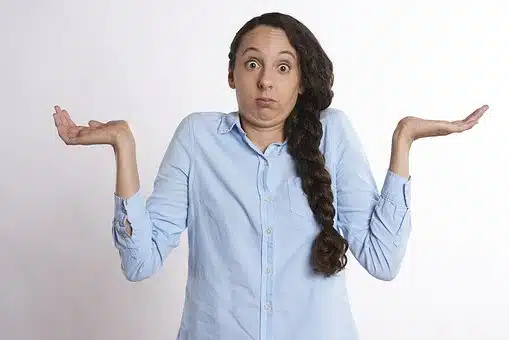Home Sellers Ignore Four Common Warning Signs That Scream:
“You Will Lose Money On The Sale Of Your Home!”...
…Even If You Think You’re Doing Well
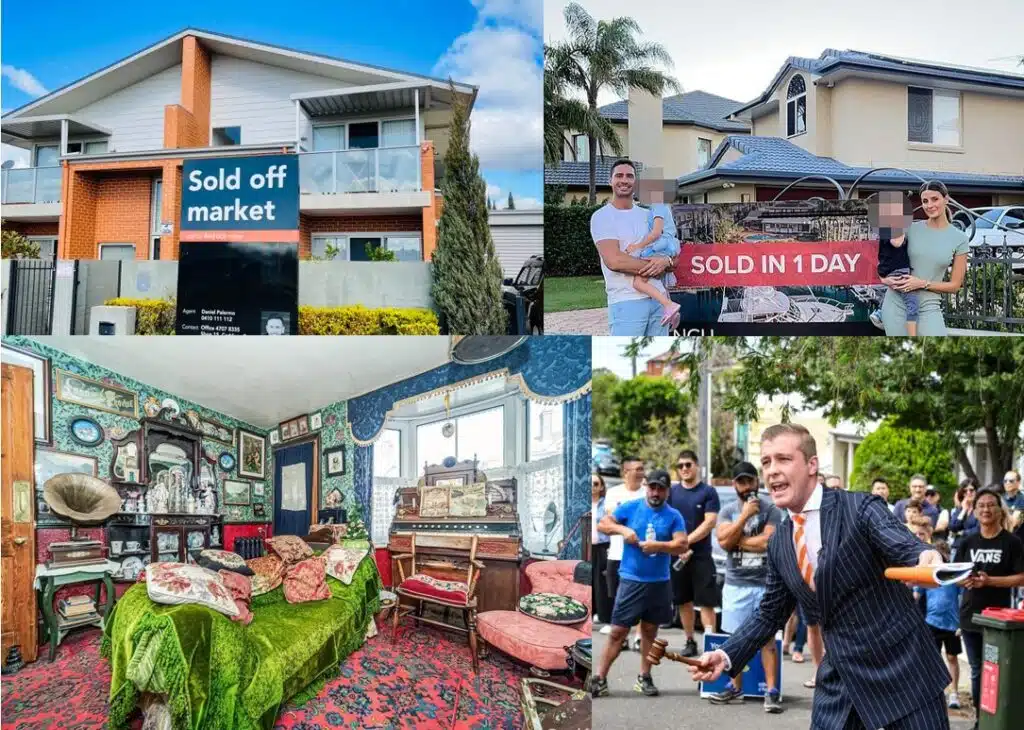
Countless home sellers lose shocking amounts of money every day by underselling, without ever knowing it.
When selling your home, you can be happy if you achieve or exceed your expectations. Right?
But, you’ll only be happy because you’ll have no idea how and where you missed out on heaps of money and could have sold for much more.
There are four common signs that your home will undersell.
Every one of these signs can be traced back to one main cause.
Before we talk about the cause, let’s examine the four common signs of underselling:
1. Selling Your Home ‘Off-Market’ Or To Someone On A Real Estate Agent’s ‘Database Of Buyers’
Do you believe that you can achieve a higher sale price when there is greater competition for your home among a larger number of potential buyers?
This is obvious, right?
Where do you think there is a larger number of buyers? On the database of one real estate agent, or among ALL the people searching on realestate.com.au and domain.com.au?
Real estate agents will entice you with a database of thousands of ‘buyers’, but it’s important to understand who these ‘buyers’ are:
Most of them are those who have left their names and details at open homes.
The majority of these names were collected years ago, so most of those people are not in the market today.
Most of the remaining prospects on this database are looking for a different kind of home to yours.
The remainder are looking at a different price range to your home.
Many others on this database have left false names, phone numbers and email addresses, because they didn’t want to be hounded by the agent.
That leaves only a relatively small number of prospects on this single real estate agent’s database, who are currently looking for a home, like yours at around that price range..
Do you think these people are going to sit at home on the couch, waiting for that one real estate agent to call them about your home?
Or do you think it’s more likely that these people will be searching on realestate.com.au and domain.com.au, like 98% of all home buyers today?
When a vendor sells off-market to someone on one real estate agent’s database, they are fishing in a very small pond with very limited competition.
For this reason, they are almost guaranteed to undersell their property.
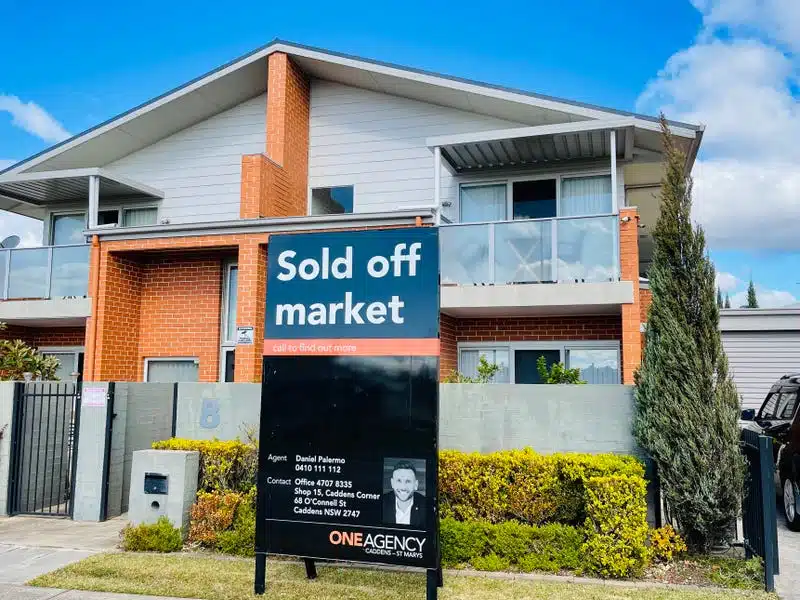
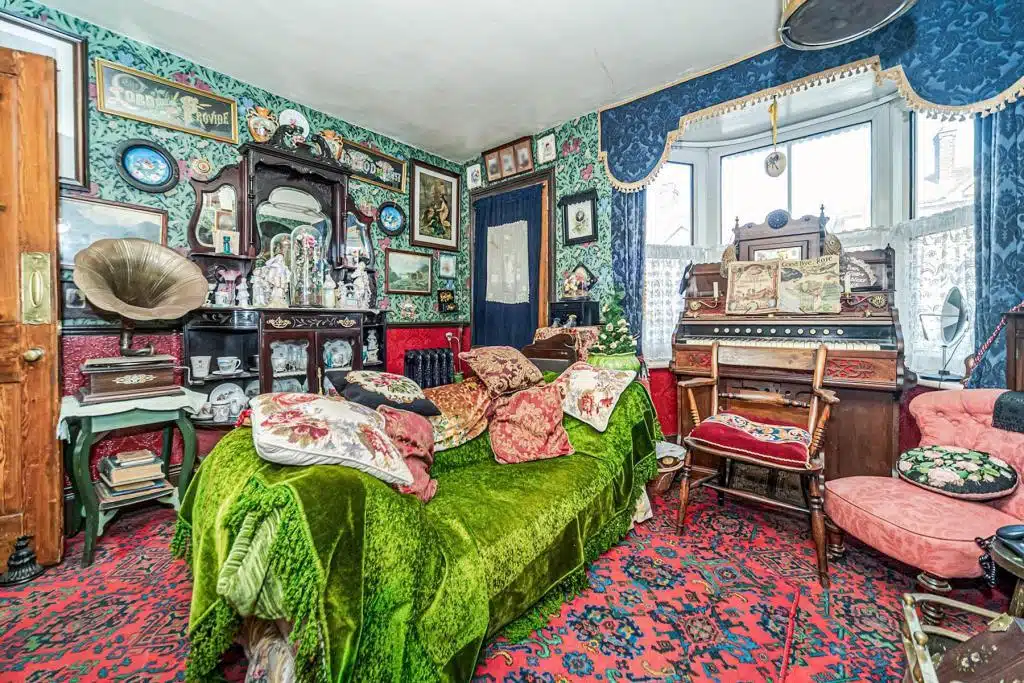
2. Selling Your Home As Is, Believing That The Buyer Will Want To Make Their Own Changes
There is one thing that makes a much bigger impact on the sale price of your home than anything else – by a very wide margin.
It is NOT an agent’s negotiation skills. It is NOT an agent’s knowledge of the local market. It is NOT even a real estate agent’s marketing or sales efforts.
It is the PRESENTATION of the home. Pure and simple.
This does not mean guessing the personal taste of your ultimate buyer.
There are proven, clever and cost effective ways to appeal to the tastes of the majority without the risk of turning prospective buyers off.
Your ideal buyer will happily pay an emotional premium for your property, which can easily add around 10% or more to your sale price.
This will only happen if your buyer sees a higher perceived value in your home, which you have the power to influence.
However, this can only ever be achieved if your buyer has a strong emotional connection to the home.
The best way to do this is by positively and simultaneously engaging buyers’ senses of sight, sound, smell and touch – like a sensory symphony.
This is why presentation is about much more than just what people see in the home. It is equally about what they hear, smell, touch (underfoot) and how all of this makes them feel.
The stronger the positive feeling, the stronger the emotional connection, the higher the buyer’s perceived value and the more they will happily pay to buy your home.
Conversely, if your presentation is undercooked, then the same will go for your sale price.
When a real estate agent encourages you to sell as is, in a hurry, or with minimal changes, you are guaranteed to undersell your home – by much more than you would think.
3. Selling Your Home In Less Than About 7 Days
Many real estate agents proudly brag about how quickly they’ve sold a home. You can often see their stickers trumpeting: “Sold In One Day”, or “Sold On The First Open”.
To really understand what this means, consider the experience of most buyers:
It takes time for them to discover your listing; enquire and get a response; inspect your home; maybe ask for a second inspection to show a partner who couldn’t make it to the first inspection; decide to make an offer, and for the offer to be properly negotiated, before the contract is prepared, checked by the solicitors and signed.
Buying a house is a huge decision for most people. The buyer journey can take time, even for those who fall in love with your home.
By selling within a few days, or on the first open home, you are limiting the number and diversity of offers you could receive, as well as the competition among potential buyers.
As a result, you will miss out on many buyers, including those who would be happy to pay you much more.
The buyer journey of someone who is happy to pay you the most, may take a little longer than the journey of a buyer who gives you a quick offer.
Some prospective buyers will discover your listing later than others. Their buyer journey can be delayed, compared to those who are the first to see the ad and inspect your home.
The time required for buyers to discover your listing and embark on the steps leading to an offer is difficult to condense into one or two days. Especially if you want as many people to discover and compete for your home as possible.
This journey takes time, and in most cases, more than 5-7 days.
I’m not suggesting that your campaign should drag out or that your home should be on the market for too long because that could also backfire.
However, by rushing this process or attempting to compress the buyer journey, your agent can only achieve two things:
Firstly, not giving enough potential buyers a chance to compete for your home, which will almost guarantee that you will undersell.
Secondly, risk creating buyer regret and remorse in your buyer, who felt pressured into a rushed purchase.
This creates a bad experience for a buyer who may start to look for a way out of the contract via one of their conditions.
So, next time you hear a real estate agent proudly boasting: “Sold In One Day” or “Sold On The First Open”, what they’re really saying is: “I’ve UNDERSOLD.”
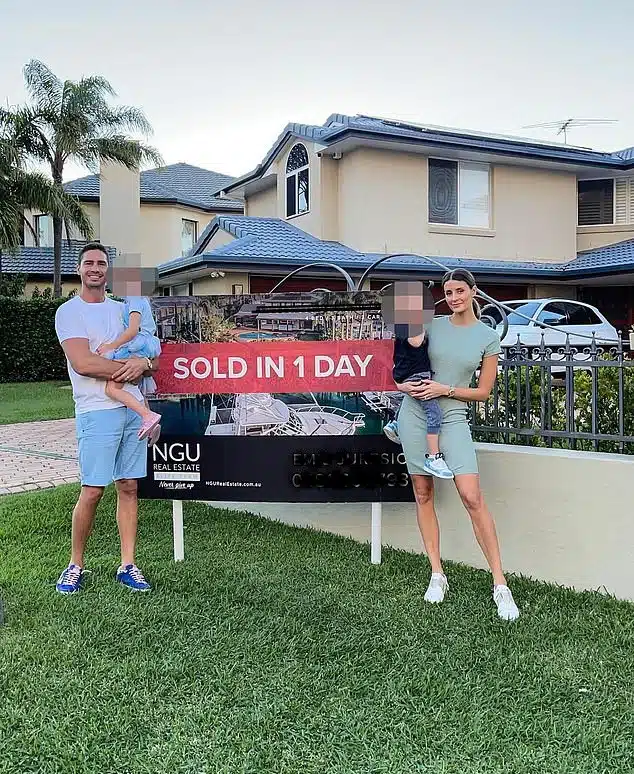
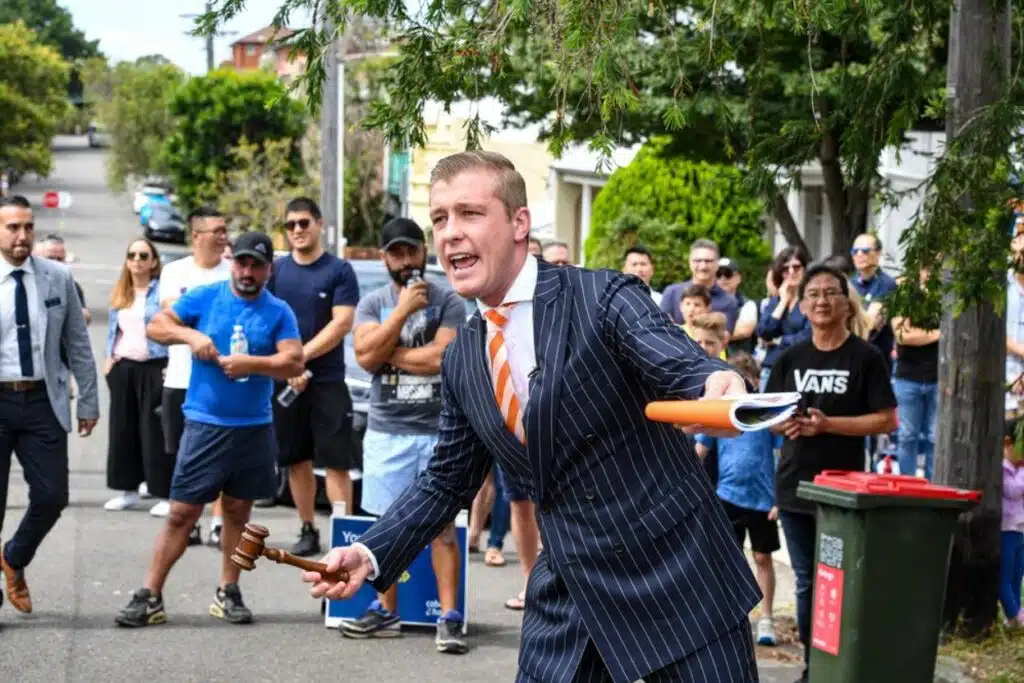
4. Selling Your Home Via Auction
Auctions are one of the least understood and most misunderstood methods of selling a home.
The big question is, how an auction leads to a home being undersold?
There are two main reasons why an auction leads to a lower sale price than what could otherwise be achieved.
Firstly, auctions rarely discover the highest price that a winning bidder is willing and able to pay.
Instead, auctions discover the maximum that the last loser is willing or able to pay.
Please read those last two sentences again before I illustrate this with an example.
Imagine that your home was worth around $1M and you were selling it at auction where there are three keen bidders.
Each of those bidders (like all bidders) will have a maximum budget that they are willing and able to reach to.
However, this budget is almost always different for every bidder.
Let’s assume that the first bidder is willing and able to spend $950K, the second, $1M, and the third, $1,050,000.
If the auction started at $900K, you would have three contenders, but if the bids reached $950K, the first bidder would drop out.
If the remaining two bidders took the price to $1M, then the second bidder would also drop out.
So, assuming that the reserve has been reached, how much would the last remaining bidder have to pay to own your home?
$1,001,000? Or $1,005,000?
If they can buy for $1,005,000, you will have undersold and lost out on $45,000, because the successful bidder would have been happy to pay up to $1,050,000.
The second reason why auctions lead to underselling is because to be able to buy at auction, you need to be a cash buyer with no conditions.
Cash, unconditional buyers usually represent a relatively small portion of all potential buyers.
By making your home available to only this small pool of buyers, you are limiting the competition for your home and lowering your chance of achieving the highest price.
In addition, you are also likely to miss out on buyers who would be happy to pay significantly more than the strongest bidder at an auction – albeit with some reasonable condition that you would be happy to accept.
Next time you see an auction, don’t pay attention to how much it exceeded the arbitrarily chosen and artificially low reserve price.
The reserve price is meaningless (for vendors). It is only important to agents and buyers.
Instead, have some sympathy for the vendor, who has just likely undersold.
What’s The ACTUAL Reason Why Homes Are Undersold
The four signs of underselling are only symptoms of a greater underlying cause or reason for underselling, that very few people realise.
Have you noticed the one common factor in each of these four signs?
It is a quick sale.
Selling off-market to an agent’s database is quicker than the process of running a proper marketing campaign.
Selling your home as is, instead of presenting it as you should can have you on the market and sold, quicker.
Selling in less than about 7 days is obviously quick.
And an auction campaign is usually fairly short, with a definitive date by which a quick result is expected.
Why would real estate agents encourage a quicker sale if it means achieving a lower sale price?
Simple. A percentage based real estate commission incentivises agents to sell quickly, rather than achieve the highest sale price.
Just do the simple math. At an average 2.5% commission, how much EXTRA would an agent earn by increasing your sale price by $50K of $100K?
Does this extra amount really make it worth their time, trouble and effort?
You will find a more detailed explanation on this page.
When this is combined with the other two dangers of using a real estate agent, which you can read about here, you will see that the odds are stacked against you in achieving the highest sale price.
There are 10 hidden traps and false beliefs about selling a home that guarantee serious losses for vendors without them ever knowing it.
